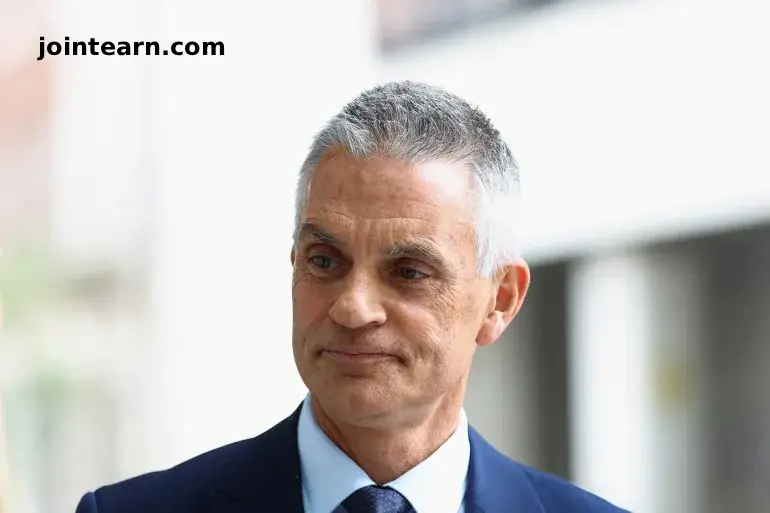
The British Broadcasting Corporation (BBC) has faced a major leadership crisis after Director-General Tim Davie and BBC News CEO Deborah Turness resigned over accusations of editorial bias, including the controversial editing of a 2021 speech by former US President Donald Trump. The resignations follow the leak of a memo criticizing the BBC’s handling of the speech, aired just before the January 6 Capitol riots.
What Triggered the Resignations
The resignations stem from a Panorama documentary titled “Trump: A Second Chance?”, broadcast one week before the 2024 US presidential election. The programme included a segment that appeared to splice two parts of Trump’s January 6 speech, creating the impression that he encouraged the Capitol riot.
A transcript of the actual speech shows that Trump did not link the phrase “we fight like hell” directly to protesters at the Capitol, highlighting a significant editorial discrepancy.
Ex-adviser Michael Prescott, who consulted on BBC Editorial Guidelines, criticized the documentary and other BBC coverage, alleging bias in areas including Israel-Gaza reporting, transgender issues, and racism.
Tim Davie and Deborah Turness: Who Are They?
- Tim Davie became BBC Director-General in 2020, overseeing editorial, operational, and creative activities. He previously led BBC Studios and held roles at Procter & Gamble and PepsiCo.
- Deborah Turness became CEO of BBC News in 2022, managing a global news team of around 6,000 employees. She previously led ITN and NBC News.
Davie described his departure as a personal decision after five years, citing the intense pressures of leading the BBC. Turness emphasized accountability, stating that leadership must take responsibility for editorial errors and public trust.
Reaction from Donald Trump and US Officials
Trump reacted on Truth Social, calling Davie and Turness “very dishonest people” and accusing them of trying to influence a US presidential election. His press secretary, Karoline Leavitt, labeled the BBC “100 percent fake news” and a “propaganda machine.”
Broader Accusations of BBC Bias
The Trump speech incident is only one of several controversies surrounding the BBC’s impartiality:
- Israel-Gaza Coverage: Prescott and over 100 BBC staff accused the corporation of anti-Israel bias, misrepresenting casualties and humanitarian conditions in Gaza.
- Transgender and Racism Reporting: Critics argued that BBC coverage was one-sided and ill-researched.
- Historical Scandals: The BBC has faced major scandals including Jimmy Savile’s sexual abuse revelations and recent misconduct allegations against news anchor Huw Edwards.
The broadcaster has also been criticized for liberal bias in UK domestic coverage, including controversies involving presenter Gary Lineker over immigration and Israel-related posts.
Impact on the BBC and Its Future
The resignations coincide with a pending review of the BBC’s Royal Charter, which governs its operations until 2027. UK Culture Secretary Lisa Nandy emphasized that the review would help the BBC adapt to modern challenges while maintaining impartiality.
BBC Chair Samir Shah apologized for the Panorama error but denied systemic bias. He is expected to outline the corporation’s vision for the future before Parliament’s Culture, Media and Sport Committee.
Journalists and analysts note that this is a critical moment for the BBC, as it seeks to maintain credibility amid widespread criticism of its international and domestic reporting.


Leave a Reply